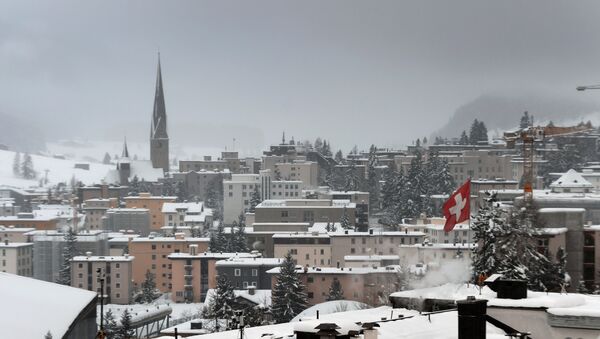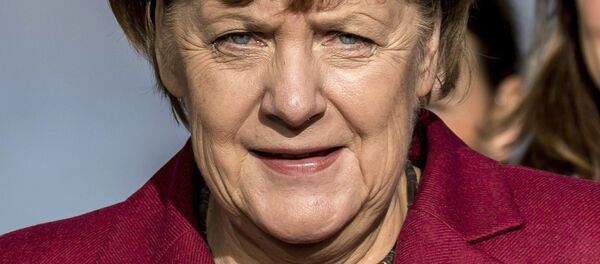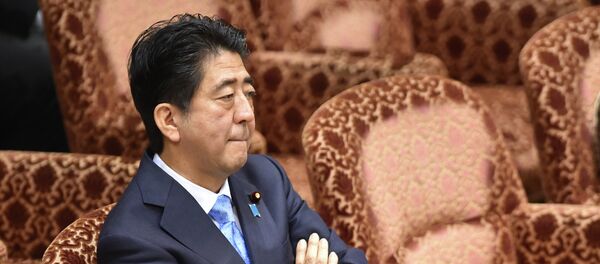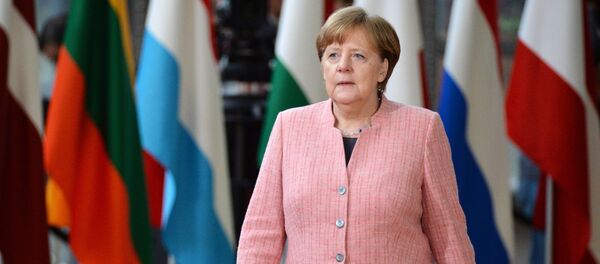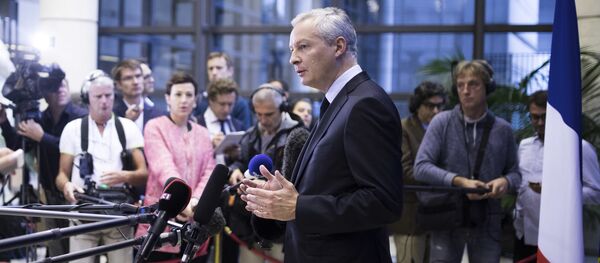Sputnik discussed this year's gathering with Simon Tormey, a professor at the Department of Government and IR, School of Social and Political Sciences, Faculty of Arts, and Social Sciences at the University of Sydney.
Simon Tormey: It's interesting to use the idea of globalisation as a reset, isn't it? So, clearly there's a feeling that we've come to an end of a particular period of globalisation, and now we need to reboot it along new lines. I think very much they're thinking about the new technologies, about automation, about digital technologies and all the rest of it. But really, the whole thing is being overshadowed by the larger geopolitical questions, which have really undermined globalisation as we've known it for the last 30-40 years.
Sputnik: The German defence minister pointed out in her article to the World Economic Forum's annual meeting that Europe must stay united, as the world is becoming more polarized. How capable is Europe of remaining a single front, especially against the backdrop of tensions with the United States?
READ MORE: Global Damage From Cyberattacks May Reach $8-10Trln by 2022 — Russia's Sberbank
To me, the headline should be in 2019 stabilizing a group of 27 countries who are quite different, making sure that the monetary and fiscal policies are in order to survive any kind of external threats, trade wars and so on; and then very gently to think about what other kinds of matters they can take on common concern. And I think particularly issues around migration, and probably defence, are going to be the two big items that they need to be thinking about this year.
Sputnik: Notably, US President Donald Trump, British Prime Minister Theresa May and French President Emmanuel Macron will be absent from this year's forum. What impact could it have on the event and could it provide more spotlight for other countries?
I think also what we got to be interested in hearing and listening about more at Davos may be the contribution from industry leaders in technology, biotech and biomedicine — those kinds of areas, which are emerging areas that hopefully are going to provide some of those new jobs which we're going to need to prevent global unemployment from emerging.
Sputnik: Some analysts criticize the forum, expressing scepticism about whose interests it serves. How grounded is this scepticism, in your view? Whose interests does it serve?
READ MORE: Brexit May Be Postponed Only Given Internal Consensus in UK — Barnier
So, I think I'm quite sympathetic to those people who say "this is the global wealthy chin wagging here in some comfort in Switzerland, and what about having a little bit more space, a little bit more of an imaginary kind of mechanism for allowing citizens to participate?" Some online mechanisms would be good, for example; or getting some other actors and participants to take part in those debates.
The views expressed in this article are solely those of Simon Tormey and do not necessarily reflect the official position of Sputnik.

